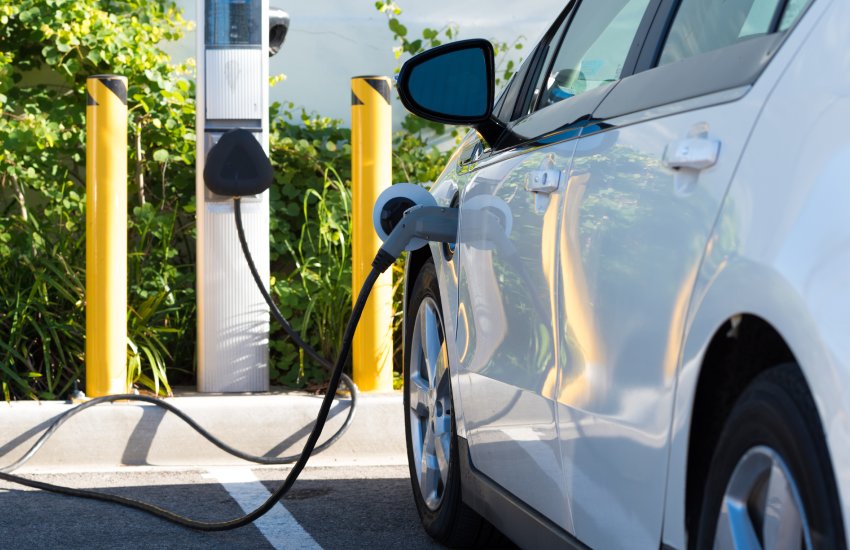Federal government needs to begin transition to electric
BusinessThe federal government needs to use the upcoming budget to lay the foundations for the future of electric vehicle management, according to CPA Australia.

Speaking on episode four of CPA Australia’s “With Interest” podcast, Elinor Kasapidis, senior manager of tax policy, believes the federal government needs to use the upcoming budget to lay the foundations for the future of electric vehicle management.
Citing the need to replace the excise revenue, which pays for the maintenance of our national transport infrastructure, lost by the rise of use in electric vehicles, Ms Kasapidis suggests the federal government introduce a national electric vehicle tax.
“The longer-term issue is that excise, which is charged at the petrol pump or on diesel, that pays for our roads, that pays for our national transport infrastructure and the more people who take up electric vehicles, they’re not consuming petrol at the pump, there’s not excise revenue coming in,” she said.
“What we want to see is a discussion and an orderly transition [to electric vehicles], so as excise revenue starts to fall there is another revenue source that can maintain our national road infrastructure which is so important in a country as large as Australia.
“Electric vehicles cause the same amount of wear and tear as a petrol car. It’s about making sure we have the money in the future to make sure that with population growth, with various different kinds of vehicles on the road, we do have safe roads, and we do have functional roads and we do have roads that work.”
Ms Kasapidis cited recommendation 37 of her body’s pre-budget submissions report. The recommendation detailed the need for “consistency and certainty, a federal tax is preferred to the unilateral imposition of such charges by states and territories”.
“There needs to be an orderly and well-managed transfer of the revenue base at the federal level to avoid the devolution of funding of national infrastructure to the states and territories and the prospect of double taxation for EV users,” the recommendation continued.
Ms Kasapidis outlined that the body’s recommendation of a federal electric vehicle tax as opposed to a unilateral, state-by-state approach, will avoid double taxation seen in the early days of GST implementation and further encourage the transition to electric vehicles.
“Our concern [is] that if the Federal Government doesn’t move and bring everybody to the table and start to talk about it, much like the GST you’ll end up with double taxation. So, for example, users in Victoria will not only have a Victorian levy but they’ll also have a national levy,” Ms Kasapidis said.
“So, it is double taxation. When you looked at the introduction of GST, a range of state taxes were given up in return for the allocation of GST to the states. So, we would expect something very similar to take place, at least for those who have already preceded.”



